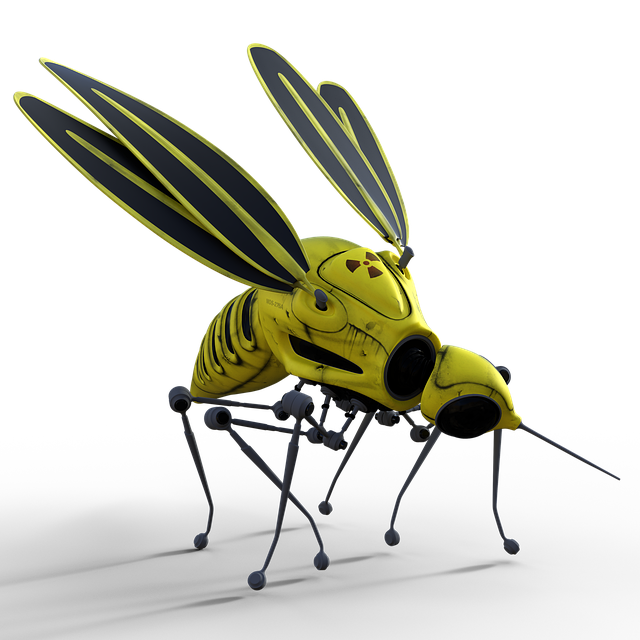Mosquito and tick control involves eliminating their breeding habitats near homes by emptying water containers, maintaining drainage, trimming vegetation, using repellents, installing screens, and seeking professional help. Effective strategies include integrated pest management, seasonal adjustments in treatments, and eco-friendly methods. Chemical repellents like DEET, picaridin, and lemon eucalyptus mask human odors, but may cause skin irritation or pesticide resistance. Professional services use tailored, safe methods based on specific environments and seasonal changes, providing ongoing protection. Preventative measures like eliminating standing water, maintaining yards, and installing barriers significantly reduce mosquito and tick populations.
Understanding Mosquito and Tick Control: The Basics
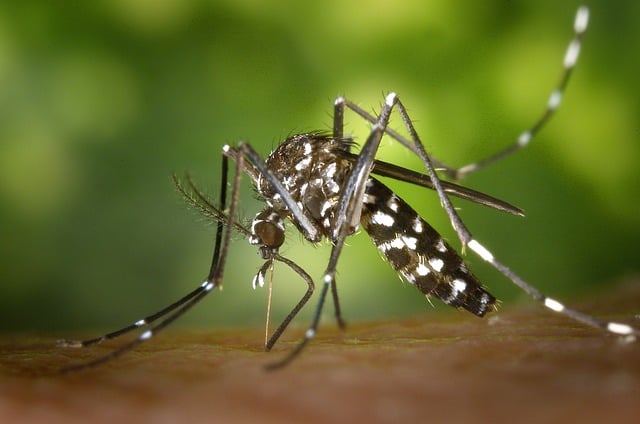
Mosquito and tick control is a critical aspect of maintaining a healthy outdoor environment. Understanding the basics of these pests’ behavior and life cycles is essential in implementing effective solutions. Mosquitoes and ticks are arthropods that breed in standing water and humid environments respectively, making their populations highly dependent on local conditions.
Regular monitoring and treatment strategies, including the use of repellents, traps, and chemical or natural pesticides, can significantly reduce their numbers. For homeowners, simple measures like eliminating standing water from flower pots, buckets, or old tires, and maintaining a well-trimmed lawn can go a long way in mosquito and tick control. Professional services offer more comprehensive solutions, employing specialized equipment and treatments to tackle infestations in larger areas, such as parks, public spaces, and agricultural settings.
Common Mosquito and Tick Habitats and Entry Points
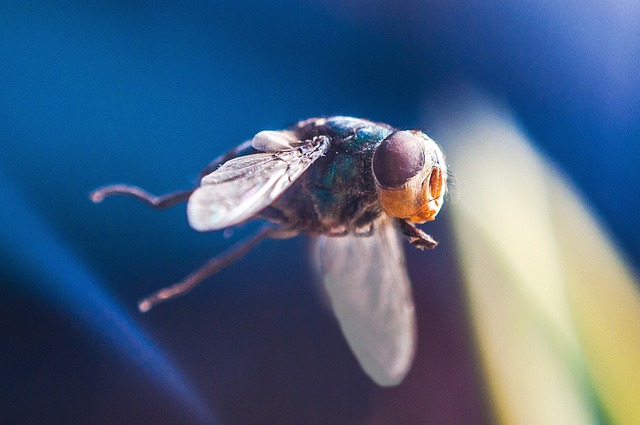
Mosquitoes and ticks thrive in specific habitats and entry points around your home and property. Mosquitoes often breed in stagnant water sources like birdbaths, buckets, and clogged gutters, while ticks prefer moist environments with dense vegetation, such as tall grass, shrubs, and trees. They can also be carried indoors by pets or humans after spending time outdoors.
To effectively manage mosquito and tick control, it’s crucial to identify and eliminate these habitats and entry points. Regularly emptying water containers, maintaining properly functioning drainage systems, and trimming back vegetation are essential steps. Using insect repellents, installing screens on windows and doors, and considering professional pest control services can also significantly reduce their presence in and around your living spaces.
Non-Chemical Repellents and Barriers: A Natural Approach
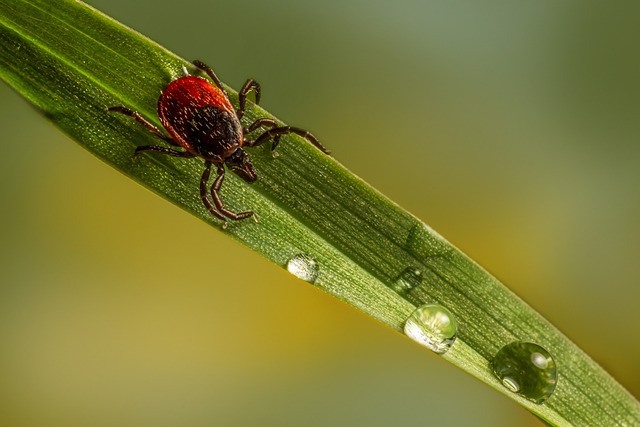
Chemical Repellents and Pesticides: What Works and What Doesn't
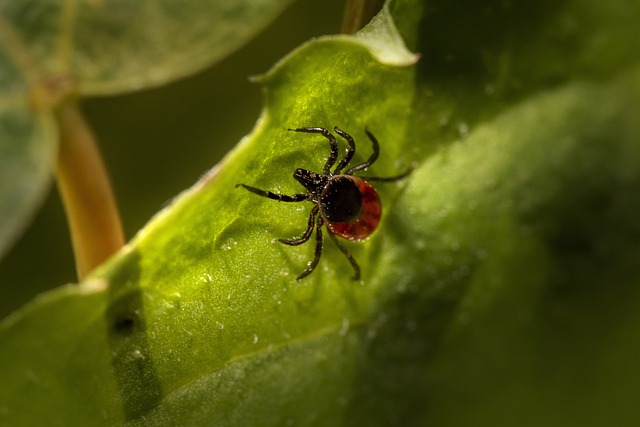
When it comes to mosquito and tick control, chemical repellents and pesticides are often the first line of defense. However, not all products are created equal. It’s important to understand what works and what doesn’t when choosing a solution.
Some chemical repellents effectively deter mosquitoes and ticks due to their strong scents or active ingredients that mask human odors. DEET, for example, is a widely used pesticide known for its insect-repelling properties. When applied correctly, it can provide long-lasting protection against both mosquito and tick bites. Other common chemicals like picaridin and oil of lemon eucalyptus also show promise in repelling insects. However, some people may experience skin irritation with certain products, and resistance to pesticides can develop over time among insect populations, reducing their effectiveness.
Targeted Treatments for Specific Areas and Seasonal Changes
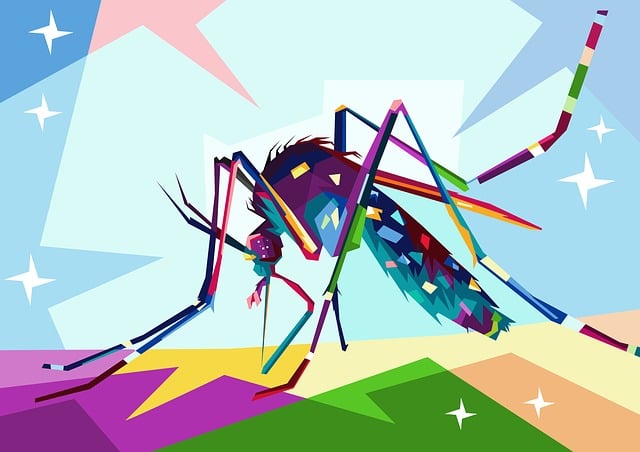
Effective mosquito and tick control strategies often involve targeted treatments for specific areas. This means applying appropriate methods and products to address the unique challenges presented by different environments, such as lush gardens, wooded areas, or recreational spaces. By understanding seasonal changes and their impact on insect behavior, professionals can tailor these treatments for maximum effectiveness.
For instance, during the warmer months, when mosquitoes and ticks are most active, targeted applications of insecticides or repellents can be highly successful. In contrast, for colder seasons, professional services might shift to more robust solutions like yard treatments or trap installations to minimize the presence of these pests. This seasonal approach ensures that control measures remain relevant and responsive to the evolving needs of both residents and the environment.
Professional Mosquito and Tick Control Services: When to Hire Experts

Professional mosquito and tick control services are often a game-changer when dealing with these pesky insects. While there are many DIY solutions available for minor infestations, severe or widespread issues require expert intervention. Mosquitoes and ticks can quickly multiply and spread diseases, making prompt action crucial. Hiring professionals ensures effective and efficient control through advanced equipment, targeted treatments, and specialized knowledge.
Experts in mosquito and tick control employ safe, eco-friendly methods tailored to specific needs. They assess the extent of the infestation, identify breeding grounds, and implement strategic plans. Regular maintenance is key; professionals offer ongoing services to prevent reinfestation. This proactive approach not only protects your health but also saves time and effort compared to constant DIY attempts.
Preventative Measures: Long-Term Solutions for Your Property
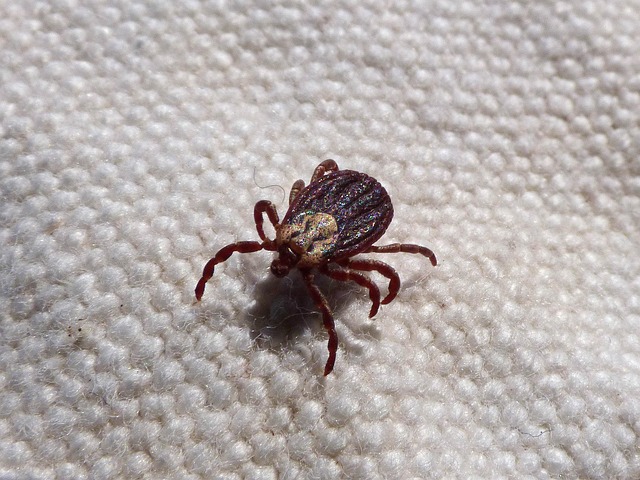
Preventative measures play a crucial role in long-term mosquito and tick control. Implementing these strategies on your property can significantly reduce pest populations and minimize exposure to diseases they may carry. Start by eliminating standing water, as mosquitos breed in stagnant pools, and regularly inspect and maintain your yard. Trim overgrown vegetation, as it provides hiding places for ticks, and consider installing physical barriers like screens or netting around outdoor living areas.
Additionally, regular professional treatments can be highly effective. These services use a combination of environmental management and targeted applications of safe, regulated pesticides to disrupt pest life cycles. By combining preventative measures with strategic interventions, you can create a robust mosquito and tick control program tailored to your specific needs and surroundings.
Staying Safe: Tips for Outdoor Activities in Mosquito and Tick Infested Areas
